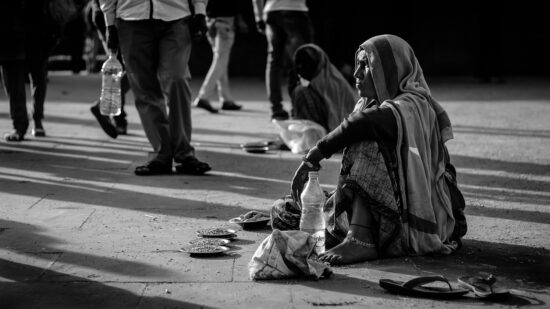Exploring the association between multi-dimensional poverty and antibiotic resistance: findings from a mixed-methods study in Pakistan
A mixed-method study in three provinces of Pakistan explored the link between multi-dimensional poverty and antibiotic resistance in urinary tract infection (UTI) patients.
-
Participants: 698 patients; over half experienced some level of deprivation.
-
Findings: Poverty was strongly associated with multidrug resistance (MDR). The risk of MDR increased with deprivation and remained significant even after adjusting for antibiotic misuse and poor WASH (water, sanitation, hygiene) practices.
-
Adjusted risk: Severely deprived patients had more than a 4-fold higher risk of MDR compared to non-deprived.
-
Qualitative insights: Patients reported financial barriers leading to self-medication with leftover antibiotics, treatment non-adherence, delayed healthcare seeking, and exposure to poor WASH infrastructure.
Interpretation
Antibiotic resistance is not only a medical issue but also a social one. Structural inequities—limited healthcare access, poor WASH, and financial constraints—create environments that drive resistance. Addressing these systemic factors, alongside stewardship and regulation of antibiotic use, is essential to curb resistance.
AMR NEWS
Your Biweekly Source for Global AMR Insights!
Stay informed with the essential newsletter that brings together all the latest One Health news on antimicrobial resistance. Delivered straight to your inbox every two weeks, AMR NEWS provides a curated selection of international insights, key publications, and the latest updates in the fight against AMR.
Don’t miss out on staying ahead in the global AMR movement—subscribe now!






